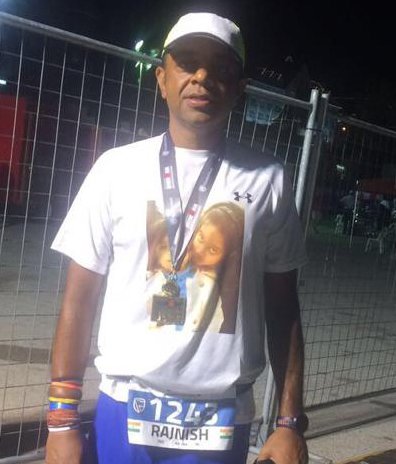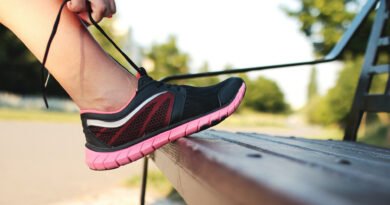WHY RUNNING EASY IS SO HARD
WHY RUNNING EASY IS SO HARD
Rajnish Goswami
Though running has many benefits , the thing that excites us the most is the kick we get when we run faster. The endorphin rush is better and the satisfaction and pride is strong. Feels great to know that the hard work is paying off.
Although sometimes when you have run faster a couple of days before, you wonder why you are not getting better or why is your pace getting slower.
Seems quite logical ; if you have run faster in your daily runs , you will get faster.
But that is not true. If you do not do most of your runs at a slower pace, you are going to suffer from either overtraining , injuries or burnout.
Either way the result is that you can no longer run.
This happens more often if you are training for long distance races.
With the onset of long distance training fatigue, the recovery after a long run becomes all the more important and takes longer.
Lets focus on recovery runs and how effective they are.
A recovery run is an easy run and should be as easy as it sounds.
You want to run at a slow pace, despite of how fast or long you can run and it should feel that you are able to do it all over again.
But we still struggle with this idea of running slow. Over and over , on our recovery runs, we end up running fast.
We come across so many articles telling us how important these easy runs are. Yet we find it so difficult to run these easy runs.
There are a number of reasons we let ourselves get out of control and risk doing one thing every runner dreads; injure ourselves.
These are a few reasons which probably prevent us from doing these easy runs
Addicted to your GPS watch :
We have become complete slaves of our gadgets and it takes away from us the beauty of running and its simplicity. We hate to admit that we have fallen into the trap of looking at them too often.
As much as we tell ourselves not to look at it, we struggle not to.
If we could leave our smart watches back at home during our easy runs, it might feel much better after the run.
We are too competitive:
We land up competing with ourselves when we run a familiar course that we have timed in the past. Even worse is when we want to run faster than whoever we are running with.
When we run with friends, our egos often take over us and the pace quickens as the run progresses. Before you know it, the stubborn runner in you comes out and you refuse to back out until you are sprinting.
Using running to relieve stress:
We are at a continuous fight with ourselves about a previous day race/ workout wanting to try to prove that it was just a bad day. We constantly try to reassure ourselves that we are in better shape. This often happens in the recovery run when we push ourselves over the edge and end up getting injured.
Slower pace means a slower runner :
This is probably the toughest one to get our minds around. The faster you run everyday, the faster you will be : sounds true but unfortunately, that could not be more wrong.
If you are practising for a 5km run , then you could not be possibly running a 5km everyday at your race pace .
Not leaving enough time to run :
We usually keep very little time for ourselves thereby rushing our runs. It is something we look as a daily which we need to get over with. We want to get home as quickly as possible rather than embracing the soreness/ tiredness, we push hard.
This another one when we are looking for trouble.
When it comes down to it there is no right way to do workouts.
All coaches agree that recovery runs are important whichever way we train.
It takes a lot of courage to run easy. You have to be confident to back off and run easy.If running means a lot and being healthy means anything we need to constantly remind ourselves slow down during our runs.
We would rather be slightly less fit but know that we are healthy.

Rajnish Goswami, obese till 2015, successfully completed multiple Marathons and Ironman half distance and full distance races. He is a fitness enthusiast and an avid reader of sports science




